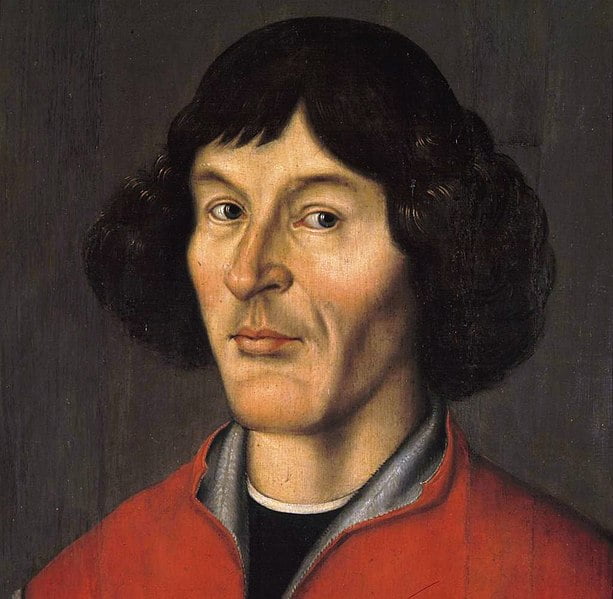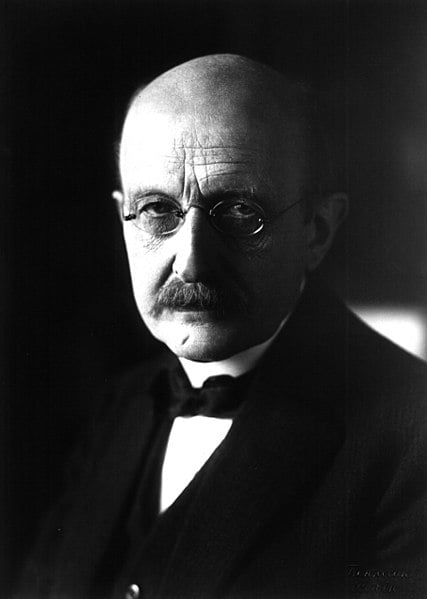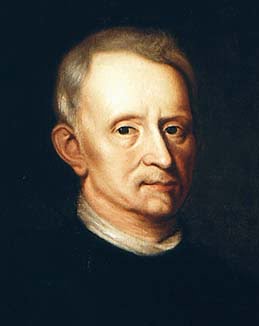| Name | Gregor Johann Mendel |
| Born | Johann Mendel, 20 July 1822, Heinzendorf bei Odrau (Hynčice), Silesia, Austrian Empire |
| Died | 6 January 1884 (aged 61), Brno, Moravia, Austria-Hungary |
| Nationality | Austrian |
| Alma Mater | University of Olomouc, University of Vienna |
| Known for | Founder of the modern science of genetics |
| Fields | Genetics |
| Institutions | St. Thomas’s Abbey, Brno |
| Religion | Christianity |
| Church | Catholic Church |
| Ordained | 25 December 1846 |
| Scientific Contributions | Conducted pea plant experiments (1856-1863) establishing laws of heredity (Mendelian inheritance), coined terms “recessive” and “dominant” |
| Ecclesiastical Title | Abbot of St. Thomas’ Abbey in Brno |
| Posthumous Recognition | Recognized as the founder of modern genetics |
| Notable Works | Demonstrated predictable trait inheritance in organisms, published work in 1866, terms “recessive” and “dominant” |
| Rediscovery of Work | Mendel’s laws were independently verified by Erich von Tschermak, Hugo de Vries, and Carl Correns in 1900, leading to the modern age of genetics |
| Background | Born in a German-speaking family in the Silesian part of the Austrian Empire (today’s Czech Republic) |
| Experiments | Worked with seven characteristics of pea plants: plant height, pod shape and color, seed shape and color, flower position, and color; established laws of inheritance |





